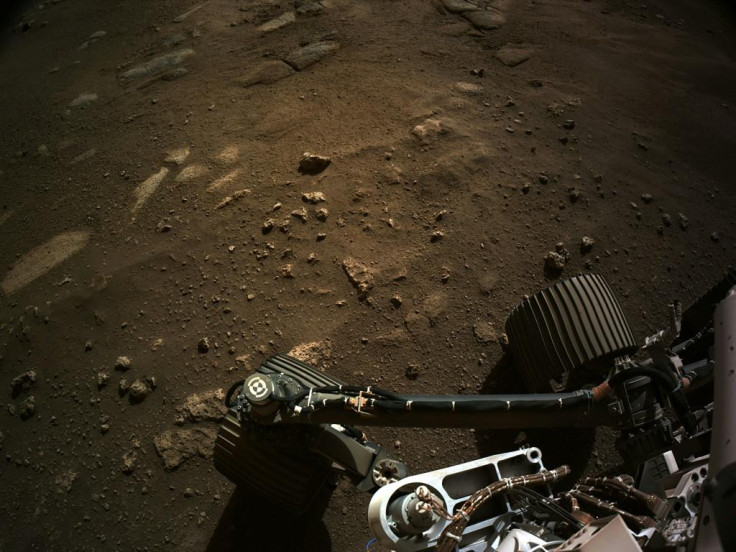Perseverance rover's success renews interest on possible human mission to Mars
Those who support a manned mission to Mars say that the risks will not outweigh the perceived benefits it will offer mankind.
The National Aeronautics Space Administration (NASA) successfully landed Perseverance Mars rover on the red planet and its success sparked renewed interest on a human mission to Mars, with two contenders on the ambitious goal setting their own timelines. One is the group of Elon Musk and the other is NASA itself.
Perseverance rover's main mission is to find signs of microbial life in the distant planet. It will also test new technologies which could aid in a future space exploration. With the successful landing of the Perseverance, the interest on human exploration sparked once more.
It can be recalled that the Trump Administration previously ordered NASA to return astronauts to the moon by 2024. The goal of the mission would be to establish systems that can support a human mission to Mars in the year 2033.
On the other hand, tech mogul Elon Musk also claimed that his company, SpaceX, will be able to send humans to the Red Planet at a much earlier date, and that is 2026. Musk had no qualms in saying that his goal was to establish a self-sustaining civilization on Mars.
While many are quite eager to bring humans to Mars, the same sentiment is not shared by everyone. Those who support the possible mission say that the risks will not outweigh the perceived benefits like that of giving a good insight to the life cycle of the planet earth. Supporters of the human-mission to Mars also look at the scientific opportunities available such as bringing back raw materials that could potentially improve life on earth.
I’m part of a proud lineage of robotic explorers, carrying the torch forward on Mars. This plaque I carry pays tribute to those who’ve gone before me, and to new possibilities ahead. #CountdownToMars https://t.co/P1VdyrIW2O pic.twitter.com/RL2hSWS0oL
— NASA's Perseverance Mars Rover (@NASAPersevere) February 26, 2021
On the other hand, those who prefer to send robots, like the Mars rover, instead of humans, say that the former is the cheaper alternative. Another fear is the probability of bringing microbes to Mars, which may result in a contamination of the surface.
LIVE?
— NASA's Perseverance Mars Rover (@NASAPersevere) February 25, 2021
Take a close look at my new home. Members of my team are giving you a tour around the high-def 360-degree panorama I sent back. They're zooming in on the details of the Martian terrain I'm in and are answering your questions live. #CountdownToMarshttps://t.co/9tpv4Vl4lV
Different publications gave opinions on the matter. Mark Whittington of The Hill noted that it is possible that the allure of Mars can be an opportunity to build an all-new kind of society. He answered "Maybe" to his own question whether a Mars settlement will be a freer society than what is enjoyed on earth.
Eric Mack of CNET said that exploring Mars involves the ability to overcome challenges and that what people learn from the success and failures of meeting the challenges may "spark the next revolution that will make life in 2071 beyond anything we can imagine right now."

© Copyright IBTimes 2025. All rights reserved.





















